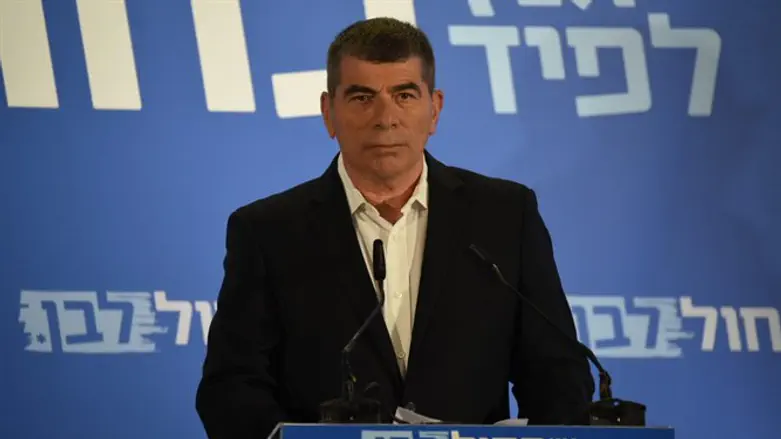
Former IDF Chief of Staff Gabi Ashkenazi, who has been placed in the fourth spot on the Blue and White party’s Knesset slate, spoke on Monday for the first time as a politician about the Israel-Palestinian Arab conflict, Channel 13 News reported.
"We have to set borders for Israel, with the emphasis of the Jordan Valley in our hands. We should strive to set borders, especially in a situation where only half of the public enlists in the army, and this is a dangerous situation," Ashkenazi said at a closed conference of the Telem and Israel Resilience parties, which was not attended by Yesh Atid activists.
At the same time, Ashkenazi avoided referring to the necessity of a two-state solution.
"They ask me all the time if I'm in favor of one state or two states, and I always answer: I'm in favor of the State of Israel," said the former Chief of Staff.
Earlier on Monday, US President Donald Trump's adviser and son-in-law Jared Kushner, who heads the team formulating the administration's peace plan, revealed several details about the plan to Sky News in Arabic.
While he did not reveal any significant details about the plan, Kushner did say it “is very detailed and will focus on delineating the border and providing solutions to the main issues that are controversial and will be appropriate for the current situation on the ground.”
New Right party chairman Naftali Bennett later warned that the Trump administration's peace plan posed a danger to Israel.
"There is a clear and immediate danger right before our eyes: and that is the establishment of a Palestinian state," he said.
"Netanyahu and Trump agree on the timing of the plan immediately after the elections. And the fact that the left-wing party of Gantz and Lapid will crawl into the coalition is also known in advance," Bennett added.
“There is only one way to prevent this, and it is a strong and powerful new right party that will recommend Netanyahu, but will exert counter-pressure to stop the creation of a Palestinian state. In the coming elections, the choice will be between the right and Palestine," he concluded.